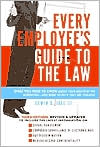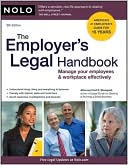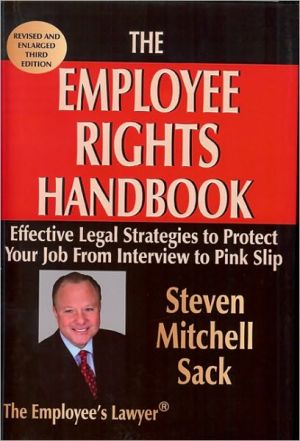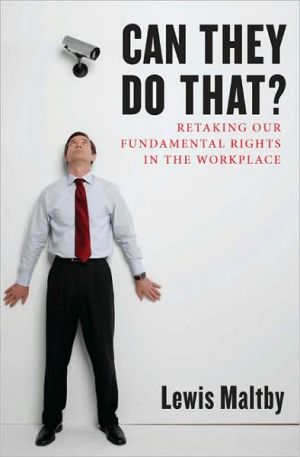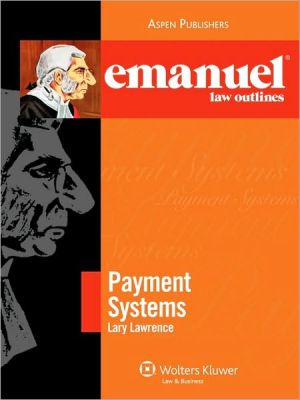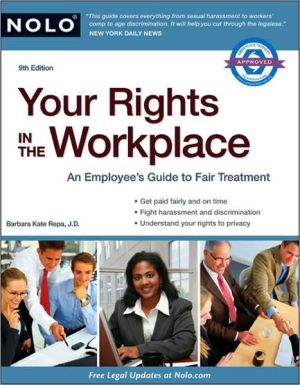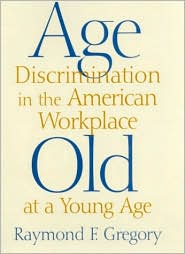Every Employee's Guide to the Law
The indispensable legal handbook–– for anyone looking for a job, holding a job, or leaving a job––has now been substantially revised and updated to include new laws and regulations. Whether you work in an office, a factory, or a small business, Every Employee’s Guide to the Law presents valuable information about such issues as: \ The interview:\ what questions can and can’t be asked\ Discrimination:\ up-to-date revisions to laws dealing with race, sex, age, handicap, national origin, and...
Search in google:
The indispensable legal handbook–– for anyone looking for a job, holding a job, or leaving a job––has now been substantially revised and updated to include new laws and regulations. Whether you work in an office, a factory, or a small business, Every Employee’s Guide to the Law presents valuable information about such issues as: The interview: what questions can and can’t be asked Discrimination: up-to-date revisions to laws dealing with race, sex, age, handicap, national origin, and religionSexual harassment: how to define it and how to document it E-mail: how your right to privacy is affected Concise, comprehensive, and completely accessible, Every Employee's Guide to the Law explains everything you need to know.
1\ The Hiring Process\ The first part of the employment process, of course, is getting out there and getting a job. Which is hard enough without having a strike or two against you-before you've even faced a single pitch. Maybe you're black or female or over forty or pregnant. Maybe you have an arrest record or your credit is not all that great. Maybe you filed a workers' compensation claim on your previous job or maybe you have a permanent disability of some kind. Maybe you're a reformed alcoholic or drug addict. Maybe you're of foreign extraction. In the vast majority of employment situations, none of these things can legally be considered when comparing job applicants. But all too often they are.\ Let us now chart your rights throughout the hiring process, from the time you see that first advertisement in the classified section of your local newspaper up until the time you actually walk in the front door of your new workplace.\ Job Advertisements\ Let's begin at the beginning. And the beginning is when you decide to start looking for a job. It is important to understand that your employment rights are actually on the job long before you are. They begin to protect you the minute you start to look for employment. The theory, of course, is that everyone with the same qualifications for a job should start out with the same chance to get it; that no one should be disadvantaged by race, sex, age, or anything else unrelated to potential job performance.\ Thus, an employer may not advertise a job in such a manner that it would indicate a preference or limitation or otherwise discriminate against anyone based on:\ g Race; g Color; g Religion; g Age; g Sex; g National origin or ancestry; or g Physical or mental disability.\ State Laws: Some states have more extensive antidiscrimination laws that, along with the basics, also prohibit employers from discriminating on the basis of things like marital status and sexual preference.\ Notes\ Age: Advertisements may specify minimum age requirements-as long as the minimum age required is under forty. For example, it would be appropriate to advertise the requirements for a job serving alcohol as "must be at least twenty-one"; or for a hazardous job as "must be at least eighteen." The requirement that any minimum age specified be under forty is because the Age Discrimination in Employment Act protects everyone over forty. (Many state laws protect workers under forty from age-based discrimination, too. See Chapter 5: Discrimination and Related Issues.) As a practical matter, specifying any minimum age except in compliance with a law-such as a minimum age requirement to serve alcohol or to work in a hazardous occupation-would be suspect.\ "Bona Fide Occupational Qualification or Need" Exception (BFOQ): A rare and narrowly applied exception that allows an employer to specify a job requirement that would otherwise be considered discriminatory is based on a so-called bona fide occupational qualification or need. To fit into this exception, an employer must be able to justify that the requirement is "reasonably necessary to the normal operation of the enterprise."
Introduction/Overview11The Hiring Process192The Employment Relationship513Wages and Hours724Fringe Benefits1065Discrimination and Related Issues1376Right to Privacy/Access to Records1767Health and Safety2018Discipline and Discharge2259Workers' Compensation25110Unemployment Compensation28911I'm Getting Screwed; So what can I Do About it?314Epilogue: Unions and Other Final Thoughts355AppGlossary of Employment Law Terms369AppSummary of Federal Labor Laws: Listing and synopsis with references and library and chapter citations381AppCommon Questions (with Answers): 20 chapter-by-chapter questions about employment laws, with answers397Acknowledgments406Index407
